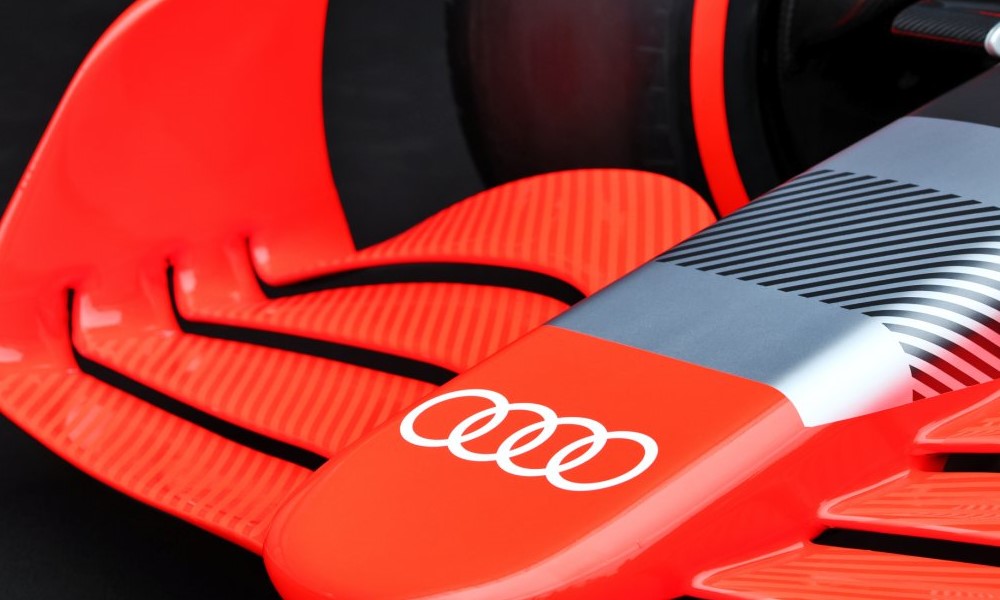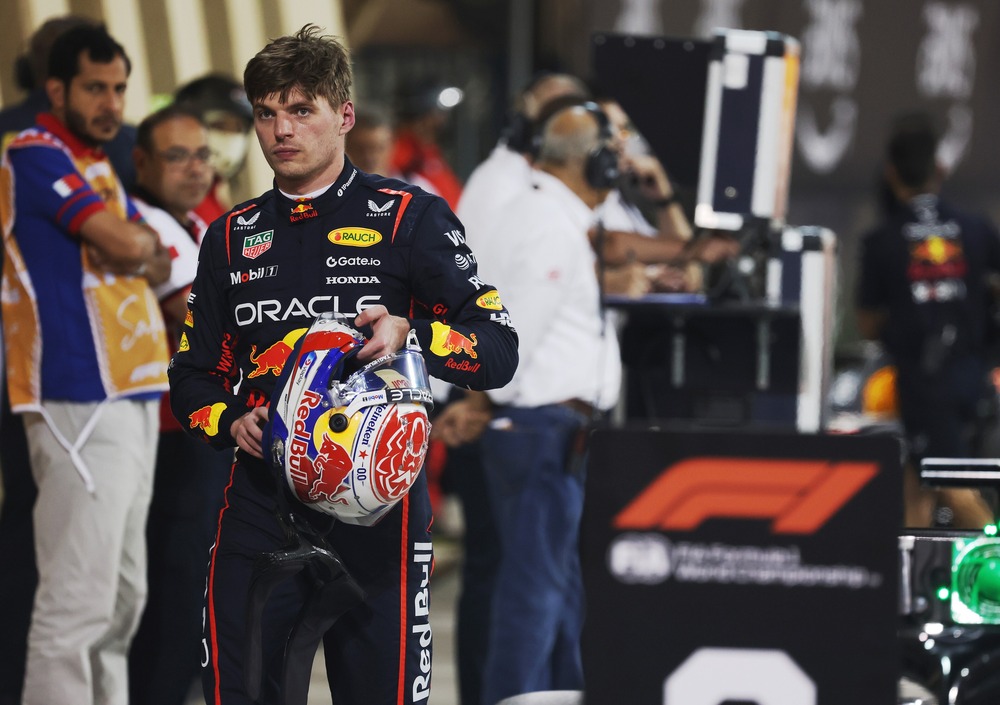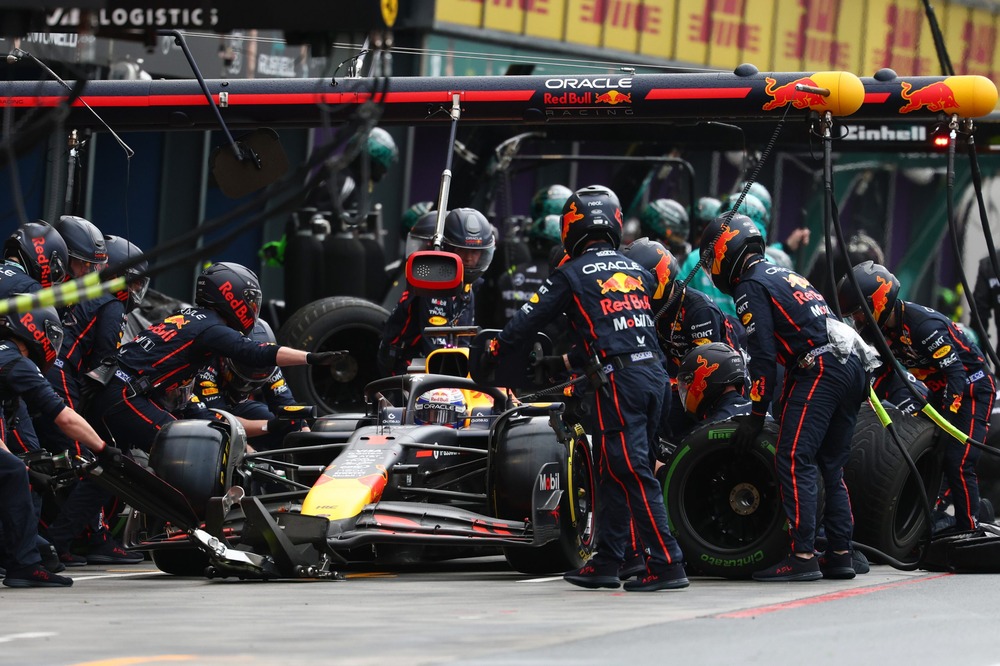The Audi F1 team has reportedly agreed to sell a minority stake to the Qatar sovereign wealth fund ahead of competitive debut.
This strategic move comes as the German automaker prepares to rebrand the Sauber team and officially enter the grid in 2026 F1, marking a pivotal moment in the company’s motorsport ambitions.
The decision to bring in external investment is expected to bolster Audi’s financial footing as it navigates the complexities of competing at the highest level of motorsport.
The Qatar Investment Authority (QIA), known for its substantial assets across various sectors, has been eyeing opportunities within Formula 1 for some time. With a portfolio that includes significant stakes in companies like Volkswagen and Porsche, the QIA’s interest in Audi F1 team aligns with its broader strategy of diversifying investments.
This partnership is anticipated to provide the Audi F1 team with much-needed capital to enhance its operations at Sauber’s headquarters in Hinwil, Switzerland, where they will be based. The investment will likely focus on upgrading infrastructure and expanding personnel, crucial elements as the team gears up for its competitive debut.
According to Auto Motor und Sport, Audi’s decision to sell a minority stake is not merely a financial maneuver but also a calculated step to ensure long-term sustainability within the highly competitive realm of Formula 1.
The costs associated with developing a competitive team are astronomical; estimates indicate that Audi’s complete takeover of Sauber has already cost around $600 million. Furthermore, the development of its bespoke F1 engine is expected to incur additional expenses in the nine-figure range.
By securing investment from Qatar sovereign wealth fund, the Audi F1 team can alleviate some of these financial pressures while maintaining control over its operations.
The implications of this deal extend beyond mere finances. It reflects a growing trend within Formula 1 where teams are increasingly seeking external investments to bolster their competitiveness.
For instance, Alpine recently sold a minority stake in its team to a consortium of investors, including celebrities from various fields. This trend underscores the necessity for teams to adapt their business models in an era where financial backing can significantly influence performance on the track.
Audi’s entry into Formula 1 has been meticulously planned over several years. The company initially acquired a controlling stake in Sauber at the end of 2022 and subsequently opted for complete ownership earlier this year.
This decision was driven by a desire for greater control over the team’s direction and performance, particularly given its predecessor’s historical struggles within the sport.
As part of this restructuring, the Audi F1 team has made significant changes at the management level, appointing former Ferrari boss Mattia Binotto as CEO and chief technical officer of Sauber.
The partnership with Qatar sovereign wealth fund is expected to enhance its operational capabilities as it prepares for the new regulations set to take effect in 2026 F1.
These regulations will include not only new technical specifications but also an emphasis on sustainability and cost management—factors that are becoming increasingly critical in modern motorsport.






